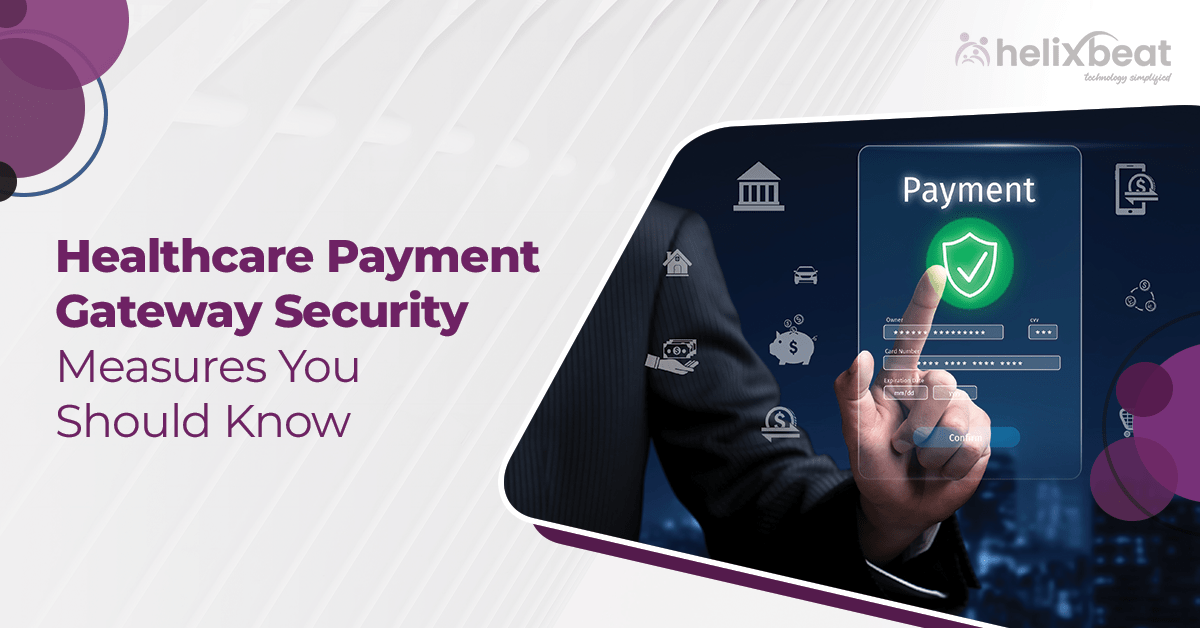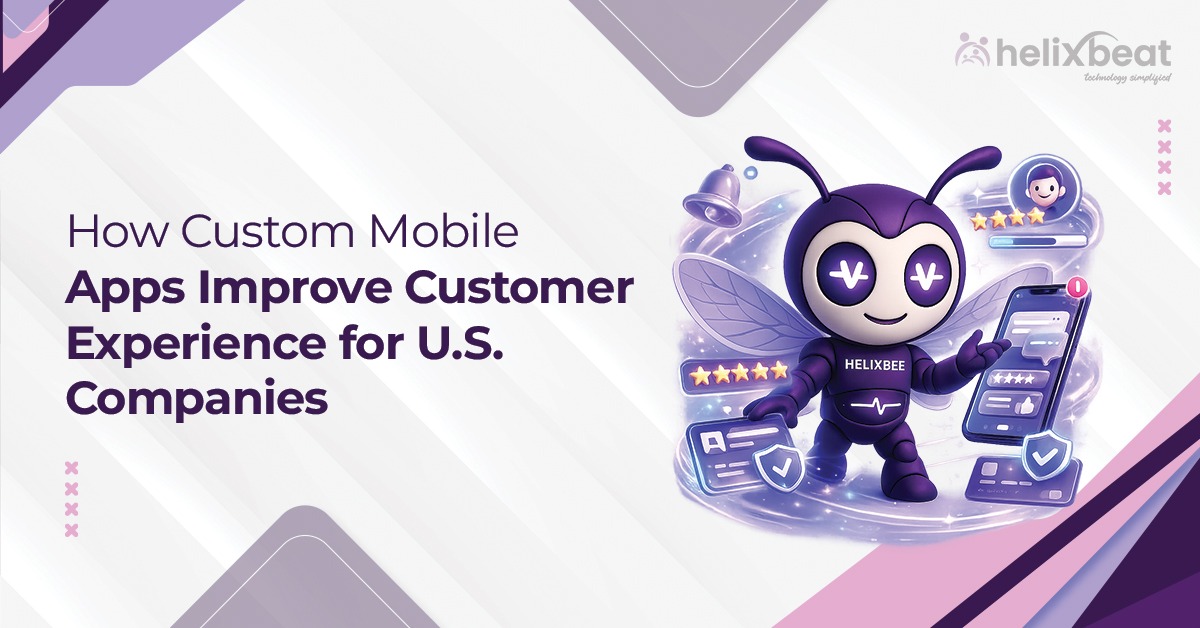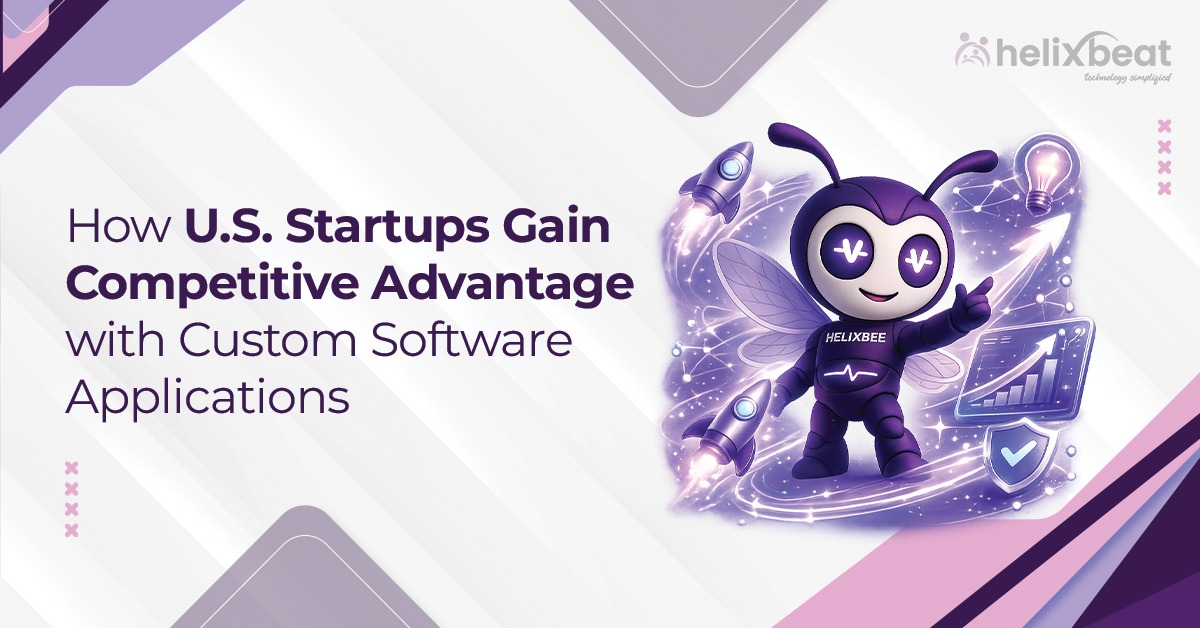Digital tools are changing how we manage healthcare. But one thing never changes—trust.
From booking appointments online to paying hospital bills through an app, everything is going digital. Patients expect it to be easy. But more importantly, they expect it to be safe.
Secure payments aren’t just about tech. They’re part of the patient experience.
In healthcare, personal and financial data go hand in hand. One weak link can lead to a breach. That means lost trust, legal issues, and serious damage to your reputation
As digital payments become the norm, keeping them secure is a must.
In this blog, we’ll break down what makes a payment gateway truly secure. We’ll explore the risks in healthcare payment systems, the top security measures, and how the right partner—like Paynova—can help protect both your practice and your patients

Table of Contents
Why Payment Gateway Security Matters in Healthcare
Healthcare isn’t just another business—it deals with highly sensitive patient data, including personal health records, insurance details, and financial information. When payments are processed digitally, there is a dual risk of financial fraud and health data compromise. A weak or unprotected payment gateway becomes a major vulnerability.
The implications of data theft in healthcare are far more severe than in other sectors. According to industry reports, stolen healthcare records can sell for up to 10 times more than credit card numbers on the black market. A single breach could mean millions in penalties, lawsuits, and reputational damage.
That’s why secure payments in healthcare are critical—not just for protecting financial information but for maintaining HIPAA and PCI-DSS compliance and ensuring the trust of every patient.
What Is a Healthcare Payment Gateway?
A healthcare payment gateway is a technology infrastructure that enables medical practices, hospitals, and health tech platforms to accept digital payments—be it via credit card, debit card, UPI, digital wallets, or online banking. It acts as a bridge between the customer (the patient) and the financial institution, securely transferring payment information to process transactions.
But unlike traditional gateways, healthcare payment systems must align with both financial and healthcare regulations. This means ensuring HIPAA compliance, protecting patient data, and integrating seamlessly with health information systems.
Whether you’re offering in-person billing, online consultation charges, insurance co-payments, or recurring subscription services, a healthcare payment gateway must support secure payments across all touchpoints
Security Challenges in the Healthcare Business
When it comes to securing payments in healthcare, here are the top challenges:
- Data Sensitivity
Healthcare data is among the most valuable on the black market. Securing personal and medical data alongside payment information is a double challenge.
- Multiple Access Points
Patients pay through various channels—websites, mobile apps, kiosks, and even teleconsultation portals. Each channel increases the risk if not properly secured.
- Compliance Complexities
Healthcare providers must adhere to multiple security standards, including HIPAA, PCI-DSS, and local data privacy laws, which makes payment processing more complex.
- Third-party Integrations
Payment gateways often connect with Electronic Health Record (EHR) systems, billing software, and insurance providers. Each integration adds another potential vulnerability.
- Ransomware and Phishing Attacks
Cybercriminals target healthcare businesses due to their urgency and reliance on digital systems. A single ransomware attack can cripple operations and compromise secure payments.
Key Security Measures for Healthcare Payment Gateways
To ensure secure payments, a healthcare payment gateway must implement several layers of security. Here are the top security features you should demand:
1. Data Encryption
Encryption is the backbone of any secure payment system. It converts readable data into a coded format that can only be decrypted by authorized parties. This means even if cybercriminals intercept the data, they won’t be able to make sense of it.
Healthcare payment gateways use strong encryption protocols like SSL (Secure Socket Layer) and TLS (Transport Layer Security) to protect data transmitted between patients, payment gateways, and banks. This ensures that your payment details and personal information remain private and secure during online transactions.
2. PCI DSS Compliance
The Payment Card Industry Data Security Standard (PCI DSS) is a set of security requirements designed to protect cardholder data globally. Payment gateways must comply with these standards to process credit and debit card payments legally and safely.
For healthcare providers, choosing a PCI DSS-compliant payment gateway is crucial. Compliance involves:
- Protecting stored cardholder data
- Encrypting data transmission
- Maintaining secure networks
- Implementing strong access controls
- Regularly testing and monitoring systems for vulnerabilities
This rigorous compliance reduces the risk of data breaches and ensures secure payments.
3. Tokenization
Tokenization replaces sensitive payment details, such as credit card numbers, with randomly generated tokens that have no meaningful value. These tokens can be used internally for transactions without exposing the actual payment data.
In healthcare payment systems, tokenization minimizes the risk of data theft, especially in the case of recurring billing or saving payment methods for future use. Even if attackers gain access to the tokenized data, they cannot misuse it.
4. Multi-Factor Authentication (MFA)
Multi-factor authentication requires users to verify their identity using two or more verification methods—typically a password plus a code sent via SMS or email. This additional layer of security makes it much harder for unauthorized users to access payment portals or administrative accounts.
Healthcare organizations use MFA to protect both patient and staff accounts, ensuring that only authorized individuals can view or process payment information. This is especially critical when accessing billing portals or managing payment records.
5. Real-Time Fraud Detection and Monitoring
Modern payment gateways incorporate AI and machine learning algorithms to detect suspicious activity during transactions. These systems monitor for unusual payment patterns, multiple failed attempts, or geographic inconsistencies and can automatically flag or block potential fraud.
For healthcare providers, real-time fraud detection means fewer fraudulent transactions, less financial loss, and increased confidence in their healthcare payment systems.
6. Secure API Integrations
Healthcare payment gateways often integrate with other healthcare software systems (e.g., Electronic Health Records, billing software, insurance platforms) through APIs (Application Programming Interfaces). These APIs must be secured through proper authentication, encryption, and regular audits to prevent unauthorized data access or breaches.
Secure API integrations ensure that data shared between systems remains confidential and intact, supporting overall system security.
7. Regular Security Audits and Updates
The threat landscape evolves constantly, so payment gateways and healthcare systems need ongoing security assessments and software updates. Regular audits help identify vulnerabilities, while timely patches fix weaknesses before attackers exploit them.
Healthcare organizations partnering with gateways that prioritize continuous security improvements are better protected from emerging threats and can maintain compliant, secure payments.
HIPAA-Compliant Infrastructure
A healthcare payment gateway should meet HIPAA requirements for handling Protected Health Information (PHI), including access controls and audit trails.
By integrating these measures, healthcare payment systems ensure that patient trust remains unbroken and secure payments become the norm
How Healthcare Payment Systems Benefit from Secure Payment Gateways
Implementing a secure payment gateway isn’t just about compliance or avoiding breaches—it actively benefits your business in multiple ways:
- Patient Trust & Retention
When patients feel secure using your digital services, they’re more likely to continue using them and even recommend your practice to others.
- Faster Payments, Fewer Errors
Secure payment gateways streamline transactions, reduce errors, and improve cash flow for healthcare providers.
- Fewer Chargebacks & Disputes
With built-in fraud detection and proper authentication, the risk of unauthorized transactions goes down significantly.
- Regulatory Compliance
Avoid hefty penalties by staying compliant with data privacy and payment processing regulations.
- Operational Efficiency
Automation and secure integrations mean your administrative team spends less time fixing payment issues and more time focusing on patient care.
- Scalability
A secure gateway is a future-ready gateway—allowing you to add new payment methods, locations, or services without reworking your infrastructure.
In short, secure payments lead to secure relationships—with patients, partners, and regulatory bodies.
Why Choose a Trusted Payment Gateway Partner?
In the digital age, security is only as strong as the technology you trust. Choosing the right payment gateway partner is essential for ensuring secure payments and uninterrupted operations.
Look for a payment provider with:
- Proven track record in healthcare payment systems
- Certifications like PCI-DSS and HIPAA compliance
- Advanced security infrastructure (encryption, tokenization, fraud monitoring)
- Scalable, customizable solution
- 24/7 support and incident response
A trusted partner not only secures your transactions but also helps you adapt to new technologies, regulations, and patient expectations.
How Paynova Ensures Your Security Measures for Your Healthcare Business
At Paynova, we understand that secure payments are the backbone of a successful healthcare operation. Our platform is engineered with state-of-the-art security protocols to ensure peace of mind for both providers and patients.
Here’s how Paynova leads in secure healthcare payments:
- PCI-DSS Level 1 Certification
We maintain the highest level of payment security certification, ensuring all transactions are processed in a secure environment.
- HIPAA-Compliant Infrastructure
Our systems are built to meet stringent HIPAA standards, protecting both payment and personal health data.
- End-to-End Encryption & Tokenization
All data is encrypted from the moment it’s entered, and tokenized to remove all identifiable information.
- Real-Time Fraud Detection
Our AI-powered fraud detection engine monitors patterns, flags unusual activity, and alerts administrators in real-time.
- Multi-Channel Support
Whether your patients are paying in person, online, or via mobile apps, Paynova ensures secure payments across all platforms.
- Dedicated Support Team
Our security and compliance experts are available round-the-clock to assist with any technical or regulatory concerns.
With Paynova, your healthcare payment systems are not just compliant—they’re future-proof.
Bottomline
In a sector where patient trust is paramount, securing digital transactions should be a top priority. As healthcare goes digital, the need for secure payments becomes central to both patient satisfaction and business success.
From complying with PCI and HIPAA standards to preventing fraud and building a reputation of trust, a secure payment gateway does much more than process transactions—it protects your patients, your data, and your future.
Choosing a payment partner like Helixbeat ensures that your healthcare business is equipped with cutting-edge security, compliance-ready systems, and the confidence to grow in a digital-first world. With Paynova, you don’t just process payments—you build patient trust through secure payments every step of the way.
Healthcare providers also asking
- What is a healthcare payment gateway?
A healthcare payment gateway is a secure system that allows medical providers to accept digital payments while ensuring compliance with healthcare regulations.
- Why is payment gateway security important in healthcare?
It protects sensitive patient and financial data, ensures regulatory compliance (like HIPAA and PCI-DSS), and helps maintain patient trust.
- What are the biggest security challenges in healthcare payments?
Key challenges include data sensitivity, multiple access points, compliance requirements, third-party integrations, and the risk of cyberattacks.
- How does tokenization improve payment security?
Tokenization replaces sensitive data with random tokens, minimizing the risk of data theft even if a breach occurs.
- What compliance standards should healthcare payment gateways follow?
Healthcare payment systems should comply with HIPAA, PCI-DSS, and relevant local data protection laws.
- How can fraud detection systems help healthcare providers?
Real-time fraud monitoring systems can flag suspicious activities, preventing unauthorized transactions and reducing financial losses.
- Why choose Paynova for secure healthcare payments?
Paynova offers PCI-DSS and HIPAA compliance, end-to-end encryption, fraud detection, secure APIs, and 24/7 expert support.














